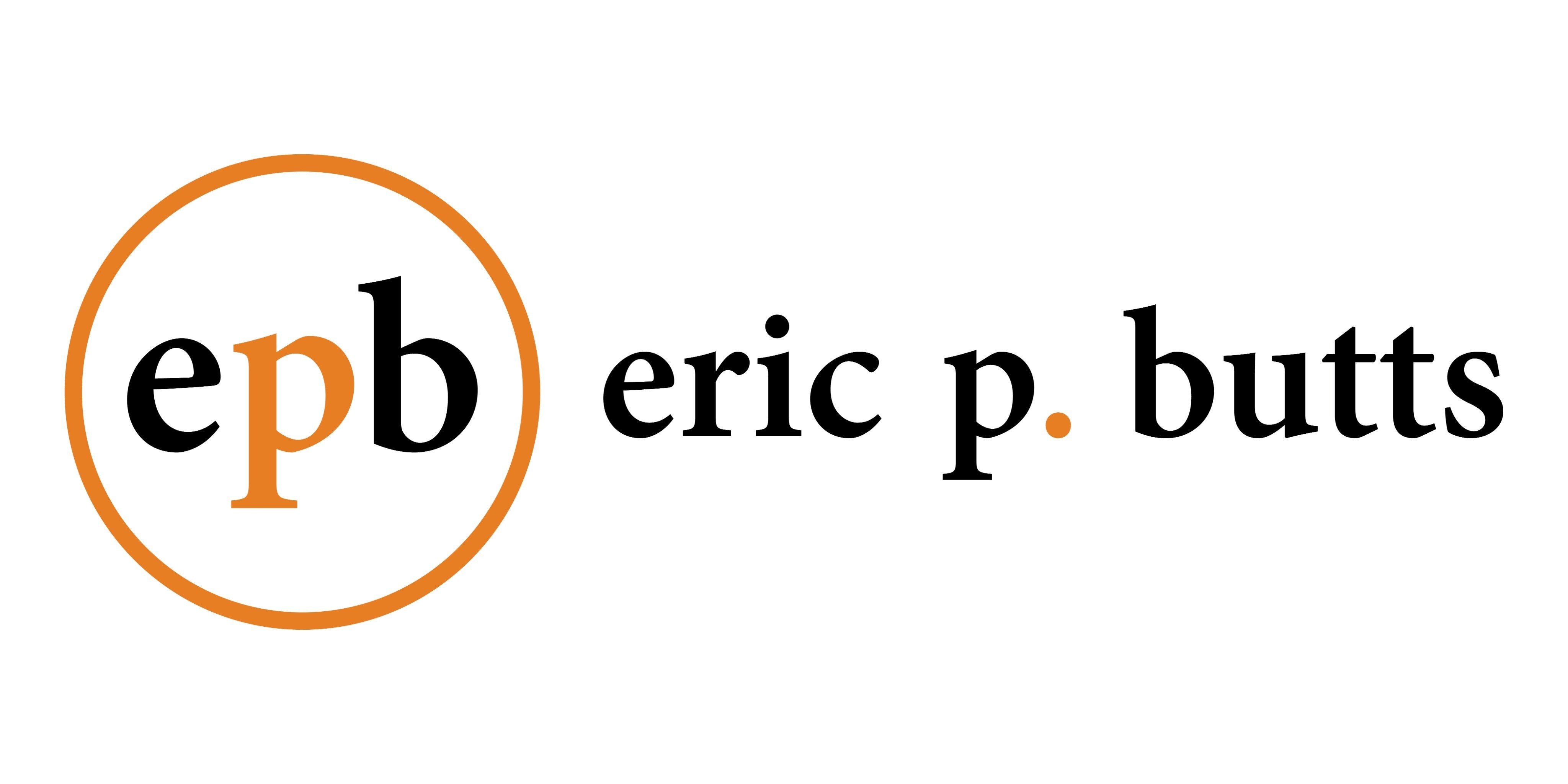5 resume mistakes to avoid looking like an amateur jobseeker
Explaining what a good resume looks like is best done by demonstrating what it’s not. It may sound counter-intuitive at first but I think you’ll feel the same way by the end of this post. I’m going to show you several examples of mistakes people commonly make and what you can do to avoid them and land that dream job of yours. So dust off the old resume and let’s see where you’re at.
You list a horrible email address -This is one piece of advice you hear a lot from anyone who deals with recruiting talent, but I’d feel like I did you a disservice if I didn’t mention this here. One of the first things people see on your resume is your email address. If it doesn’t look like you have your act together at this stage in the game, your credibility is already shot. Do not pass go. Do not collect $200.
Good – using a basic email address:
Not So Good – trying to get cute…or just being dumb:
You confuse tasks and responsibilities – One of the hardest parts about building a resume is saying everything you need to say without trying to go through everything you ever did in a job. Listen to me when I tell you, though, nobody wants to read every single thing you ever did for your job.
You need to provide a quick high-level view of what you did and some key accomplishments. Those accomplishments need to convince the reader that you’ll be a good fit for their position and their firm. For example, your ordering lunch from Potbelly’s every day has no bearing on if you’ll be a good management consultant or not (they do make a great sandwich though).
Good – telling me about processes you owned:
- Managed two-person team responsible for ensuring management financials were completed accurately and timely
- Compiled mgmt reporting package and presented findings and trends to the controller and VPs of finance
Not so good – listing small day-to-day tasks you do:
- Prepare manual journal entries
- Perform monthly balance sheet account reconciliations
- Compile management reporting package
You incorrectly frame your previous jobs and responsibilities to be relevant – You should tailor your resume for every job you want a legitimate shot at receiving an offer.
People can tell when you do a half-hearted job preparing your resume. So why would they want to hire you if you can’t even give a full effort to try to get an interview? It doesn’t work like that. Let’s assume for a second you want a job as a consultant but your one previous job was at Footlocker.
Good – giving every job a revision to focus on points that will get you hired for the job at hand:
- Worked with customers to resolve disputes without negatively impacting customer loyalty
- Managed inventory levels to ensure optimal stock of high-demand products
Not so good – listing every job you had without tailoring your resume for the job at hand:
- Answered customer calls to the store
- Stocked shoes as needed when deliveries came into the store
You list ambiguous job impact – your job experiences will be more memorable to a reader of your resume if you have tangible results behind them. Not only do the numbers stand out but it give your bullet points a shot of confidence they don’t quite have when you leave out those details.
Good – quantifying a meaningful impact you had:
- Improved journal entry process to help reduce the accelerate the close by one day
- Developed action plan to clear $100 million account out of balance in intercompany accounts and controls to prevent the issue from recurring in the future
- Responsible for organizing lunch during month-end close and negotiating price with local vendors – reduced cost by 25%
Not so good – leaving it to my imagination to guess the magnitude of the impact you had:
- Improved journal entry and close processes
- Led team responsible for clearing significant intercompany various post go-live
- Organized lunch for the accounting team during month-end close
You state the obvious – In this age, there are some things that are “table stakes” for most business jobs. Mentioning a basic proficiency in any of the Microsoft Office is a waste of space on your resume and makes me question why you’d think that’s noteworthy. If you have some intermediate or advanced skill then by all means mention that but don’t list Excel and expect anyone to be impressed by that.
Good – explaining why it’s noteworthy to have the application on your resume:
- Excel – advanced in using macros, visual basic, and complex formulas to create dynamic financial models
Not So Good – telling me something I fully expect every applicant to have:
- Proficient in Excel, Word, and PowerPoint
Any time you do a list like this there can always be more. If you have other ideas or just want to share how your resume stacked up, let me know in the comments!
If you need more examples on what a magnetic resume looks like, go here: https://breakthroughresumewriting.com/
